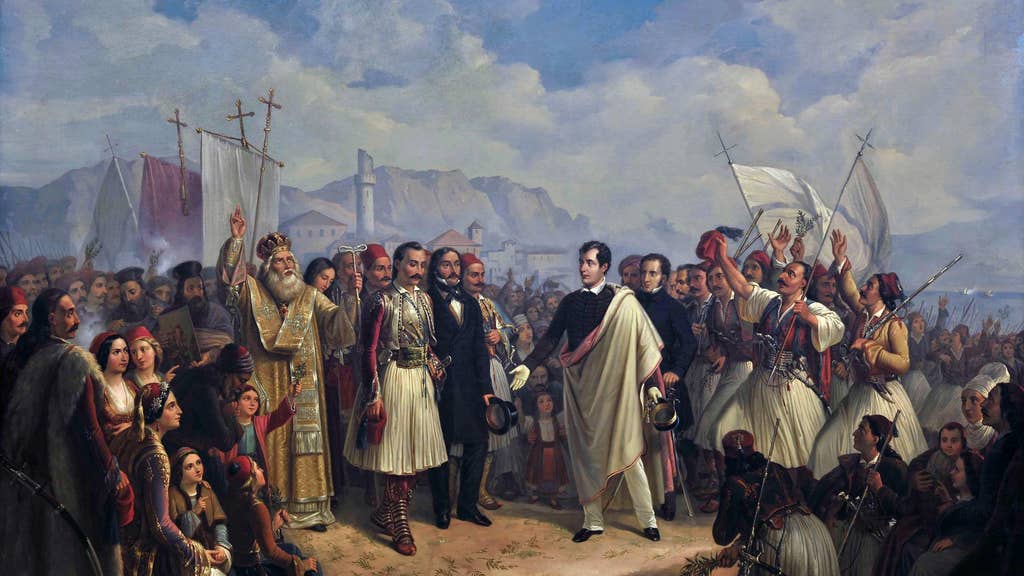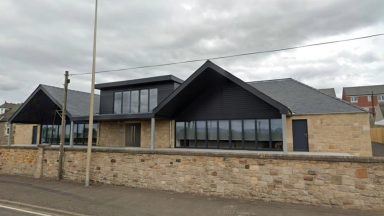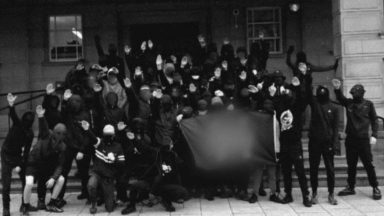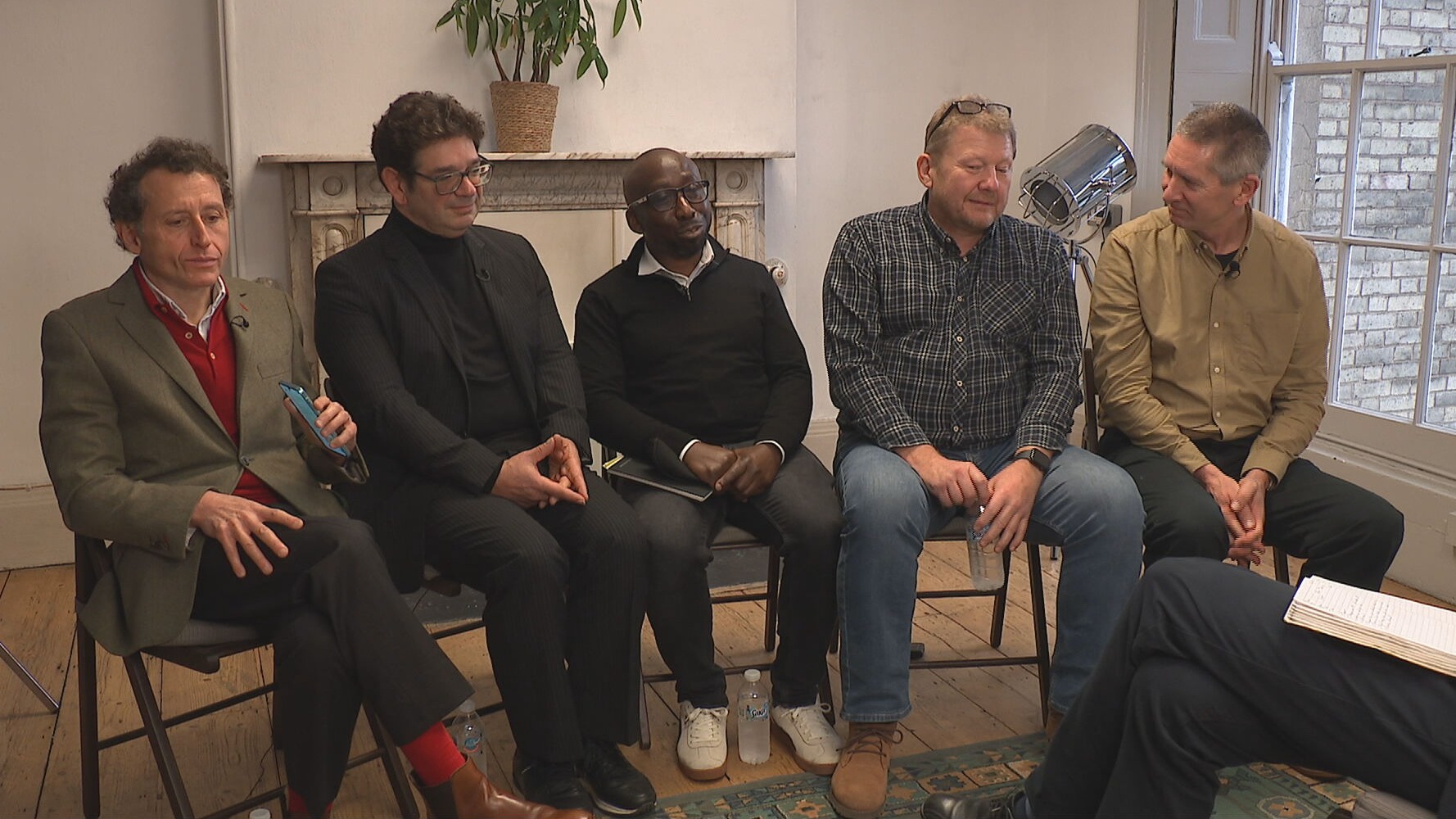Prized personal items from the poet Lord Byron have gone on display at the University of Edinburgh.
The items are from the poet’s final trip to Greece, a country he visited frequently.
George Gordon Byron grew up in Aberdeenshire, but he was a dedicated supporter of the Greek struggle for independence, which began 200 years ago.
He died in the town of Greek town of Missolonghi in 1824.
The artefacts in the exhibition, which has been launched to explore Scottish–Greek connections in the early 19th century, are emblematic of Lord Byron’s relationship with Greece.
They include a handwritten phrasebook, the poet’s final journal and a certificate granting him the freedom of Missolonghi.
The display will also look at Byron’s Greek connections through a series of exhibits loaned from the National Library of Scotland.
Although famously described by Lady Caroline Lamb as “mad, bad and dangerous to know”, the great Romantic poet was revered throughout Greece.
Byron, who used his fame to internationalise the Greeks’ fight for liberty, first arrived in Athens on Christmas Day 1809, when Greece was still under Ottoman rule.
The poet returned to Greece in 1823, more than two years into the revolution at the time, by which time he was becoming ever more devoted to the Greek cause.
“While most grand tourists went to Athens for its impressive archaeology, the ruins seemed to Byron to be ‘a nation’s sepulchre’,” Dr Alasdair Grant, the exhibition’s curator, said.
“Among these symbols of death, Byron sought life in the living language of the Greeks.
“He began compiling a list of useful Modern Greek phrases in a notebook.”
The exhibition will be hosted by the University of Edinburgh’s School of History, Classics and Archaeology in connection with the University’s Centre for Research Collections.
It will run from October 29 until January 29 2022.
Follow STV News on WhatsApp
Scan the QR code on your mobile device for all the latest news from around the country


 PA Wire
PA Wire























